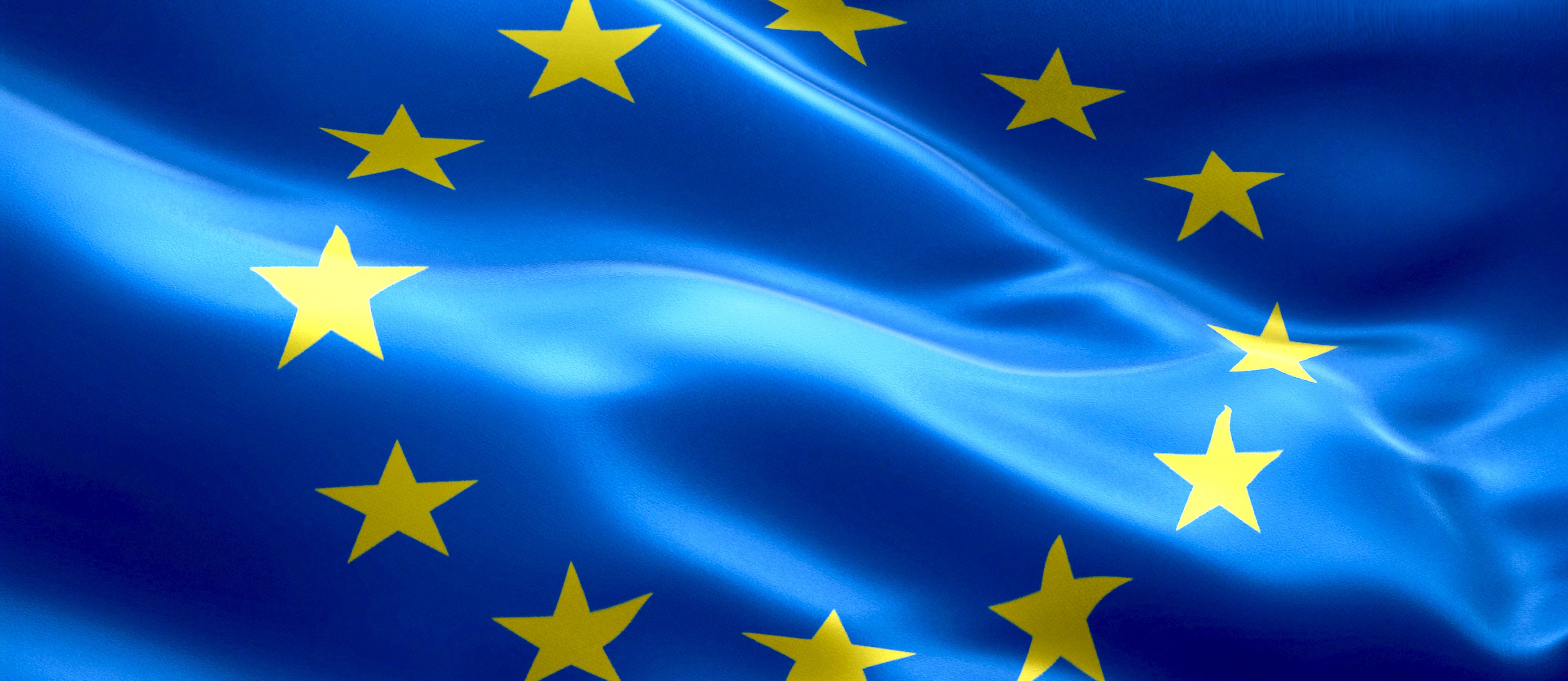January 29, 2018

The upcoming General Data Protection Regulation (GDPR) legislation is set to pass and it will impact businesses and companies of various sizes. This regulation is what will be replacing the Data Protection Directive 95/46/ec in the Spring of 2018 since it was passed by the EU. The GDPR is aimed at protecting individual people's personal information and making it more secure than it was under the Data Protection Directive 95/46/ec.
It's vital for companies to understand the provisions set forth in the GDPR legislation to ensure that your company is doing enough to protect the private and personal information of your clients and customers. Failure to meet these new codes or regulations could result in data breaches will result in heavy subsequent fines and penalties for businesses or companies who are non-compliant with sensitive or personal information.
What Does This GDPR Legislation Entail?
The GDPR legislation1 is the most groundbreaking legislation that goes toward protecting people's personal information in the past 20 years. These laws take effect on 25 May 2018. Companies who fail to comply with these laws will face very heavy financial fines and penalties.
The idea of the GDPR law is to help synchronize and harmonize all data protection codes throughout the entire land of the EU and ensure that private citizen's data is safer than it has ever been before.
What Kind of Financial Penalties Are Possible?
Companies and businesses who refuse to comply with the GDPR Legislation regulations can be fined up to a total of 4% of their global turnover or up to 20 million Euros. It's whichever amount is greater that will be applied as the fine. These steep penalties will be assessed if client's or customer's personal information is accessible to any outside entities that may have access to it. This new legislation will also require companies and businesses to release the full scope of what information they have and how it will be used to the client or customer before they are allowed to make that information available to any other entities involved in the business transaction.
GDPR Legislation Allows Individuals To Control Their Information:
The GDPR legislation allows2 individuals to require companies to not be allowed to save an individuals' personal information without their full knowledge and consent. Individuals can require a company to erase their information and prohibit companies from saving and using their information again in the future without them reentering it or providing the given, needed information again.
Companies and businesses will also be required to have privacy compliance officers that ensure that all of the personal information entered is kept safe and 100% confidential. If any information is compromised, the officers will be required to notify the individual immediately of what information was shared and how it may have been compromised. They also must report to the highest levels of management within the company what data was breached and compromised and release a fully-detailed report on the incident.
Prepare Your Business To Comply with the New GDPR Legislation Requirements:
This means that it's vital for your business or company to be prepared to deal with any new breaches of security or data that may occur within your company. Ensuring you have the proper controls in place helps protect your clients and customer's personal information as well as your company from hefty monetary fines that can devastate your business.
For more information on how to ensure that your company is compliant with the latest GDPR Legislation requirements and to ensure that you are meeting the minimum standards coming into effect 28 May 2018 please feel free to contact us.
Sources:
1. https://www.eugdpr.org/
2. https://www.eugdpr.org/the-regulation.html